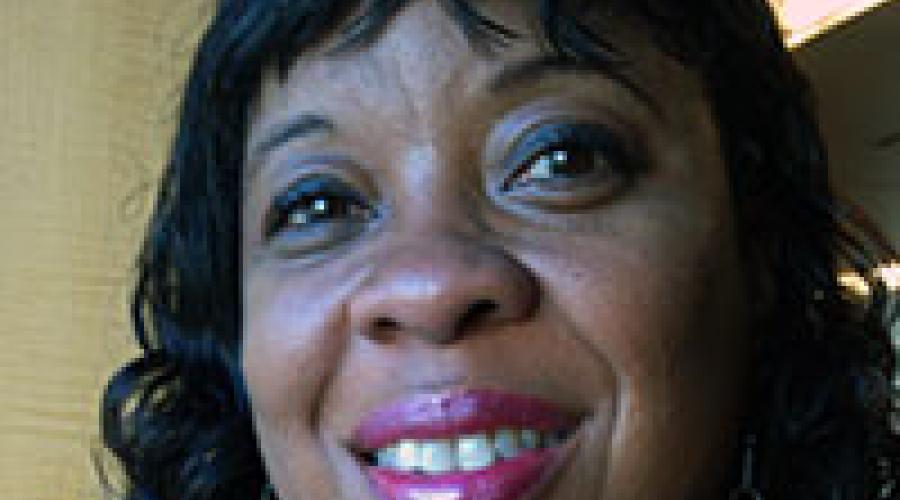
Strengthening Labor's Voice
Elizabeth Wilson is among 61 men and women on campus this week for the summer seminar of the New York State AFL-CIO/Cornell Union Leadership Institute.
Chair of the Women's Committee for Local 100 of the Transport Workers Union of Greater New York, Wilson graduates today from the institute’s year-long program. In an interview, she reflected on her experiences.
How has your understanding of leadership changed since your first Union Leadership Institute seminar last summer?
"Most leaders are not leaders in the labor movement, but leaders in their union. They should be more proactive, and more involved in issues confronting the entire labor movement. That's a message that’s being brought home, resonating with me."
What was the best moment from your experience?
"The ropes course -- it was about developing trust and being part of a team. I was a team leader, and I was put on the spot to take a leadership role. That set the tone. It helped us come together and develop a degree of trust, take leadership roles. It helped people from different unions come together."
How are you going to use what you’ve learned at your workplace, and within your union?
"It taught me to be a better listener, and the ability to delegate work -- that's about trust."
What was your main reason for participating in the ULI?
"I was elected as an officer years ago. I'm coming back to mentor young women coming onto the job. My president saw the leadership skills in me I didn’t even see in myself."
What has changed in the labor movement since you began your career, and what still needs to change?
"I think the labor movement's political agenda is divided. I think it would be more effective if we were united … put our personal gains aside and come together when comes to supporting our politicians."
How is the institute influencing woman to take on more union roles?
"The Union Leadership Institute is extremely important for women leaders. The blueprint (for leadership) is not passed on from our brothers. Women leaders need mentoring. Other than Lillian Roberts, our district council president, most of our women leaders are very short-lived. They’re not encouraged, not mentored by the men to take on leadership roles. As women, we must support other women when they have union aspirations."
How will the program help you as coordinator of the Local 100 Women's Issues Program?
"I definitely learned through this leadership course about conflict resolution. I thought because I had brothers (growing up), that I didn’t have a voice … I learned that I have a voice."
What are your duties as coordinator of the Women's Issues Program?
"I mediate things for women in non-traditional roles. For instance, I got this ironworker, the only female ironworker, a shower. Safe and clean bathrooms (are an issue) for our members that are in the field. Lots of times, the bathrooms fall short."
"The biggest thing is that we have a young female workforce, and we don't have paid maternity leave. Lots of women have miscarriages because they are on the job and performing physically demanding tasks."
"We're going to start a 10-session training on sexual assault that will include domestic violence, at-work violence and street harassment."


